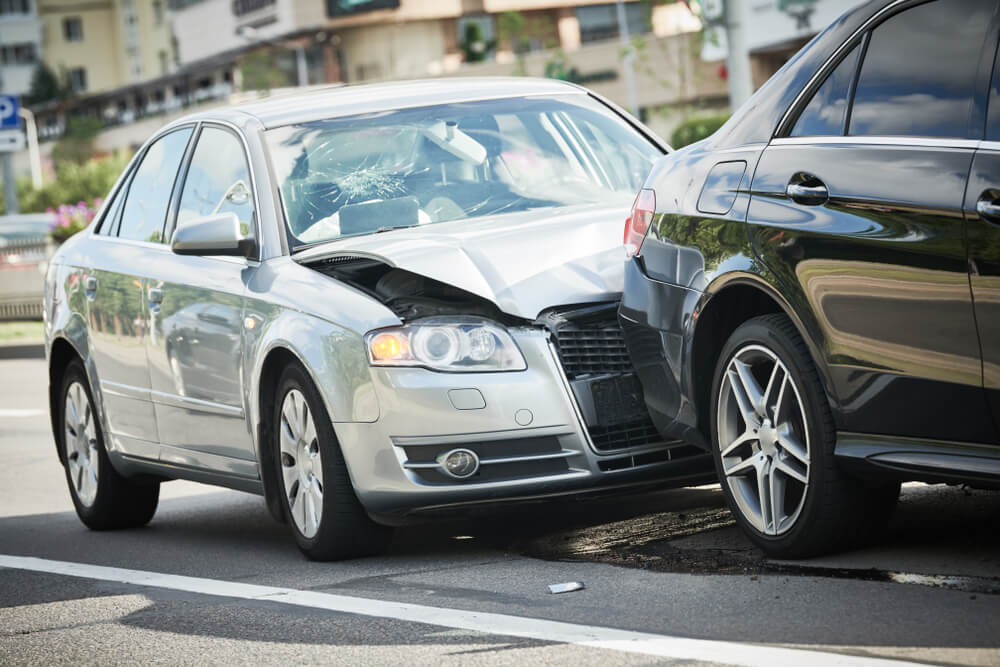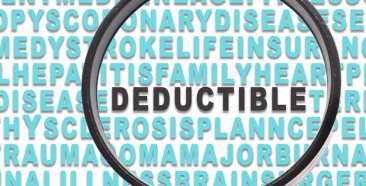
The privilege of driving a vehicle comes with some measurable risks. Accidents happen often, and it becomes a priority to understand your car accident insurance coverage clearly.
When you get into an unintended collision, you can count on your insurance provider to cover what was stipulated in the insurance policy. At the very least, states require you and other drivers to have minimum liability insurance. The party at fault needs to cover third-party damage and bodily injury.
Learn how to determine fault and the type of insurance you hold, you will be able to understand the particulars of accident and collision coverage.
How Is Fault Determined in a Car Accident?
States decide how to determine fault in a particular accident or collision. Most measure fault by systems that evaluate the circumstances of the accident. Your insurance company and the police will help you determine fault as well. The process is not something you have to do alone, but it helps to understand how it works to make better decisions. Also, inform yourself of what to do after a car accident.
Systems to Determine Fault
- Pure Contributory Negligence — if you are found at fault even 1%, you cannot recover any damages as a plaintiff.
- Pure Comparative Fault — a damaged party can recover a reduced amount based on their degree of fault. Any degree of fault.
- Modified Comparative Fault — damage parties cannot recover if they are found 50% or 51% at fault depending on the state.
Factors to Determine Fault
- Traffic Laws
- Vehicle Damage
- Accident Witnesses
Common Types of Car Accident Insurance Coverage
Liability Coverage Car Insurance
Liability insurance covers third-party property damage and bodily injury. This policy will cover repairs and replacement of any material goods affected in the accident. Note that it will only focus on the other party and not your property. This type of insurance will not cover your car.
On the other side, liability insurance will cover any medical expenses that arise. Again, liability insurance will only covet the party that’s not at fault.
Note that your policy also indicates a limited amount of coverage. It is essential to read and understand the agreement you make when you acquire a new policy.
Visit our Knowledge Center to learn further about liability insurance and more.
Full Coverage Car Insurance
Providers commonly package the first four coverages together, Liability + Collision and Comprehensive, and together they call it full coverage insurance. It covers all damages related to a collision. Additionally, it covers losses not related to traffic accidents like natural disasters, vandalism, uninsured parties, robbery, and more.
Every policy comes with specific amount limits and more. Always keep in contact with your provider and ask any questions you have.
What Does Car Insurance Not Cover?
Car insurance only covers what is included in the policy. Warning, always read your policy for the most relevant details. As outlined above, the bare minimum of car insurance, liability alone, will only cover those who are injured and not at fault, as well as their property. This means, with minimal coverage, you, the driver, and your car are not covered, and you are liable for your own repairs and medical expenses. You can pay out of pocket for them, or if you have comprehensive and collision coverage, you can file a claim to cover those expenses.
It is important you evaluate the auto insurance coverage and the price of the insurance policy. It is a recommendation to get more than the minimum coverage. You can always try to find the best deal through Freeway Insurance quote comparison tool.
Specific Information About Collision Coverage

Who is Covered Under Auto Insurance Policy?
Since there is not a standard auto insurance contract that applies to all policies, you have to ensure your policy states the coverage you desire. You can generally expect to see similar coverage for similar types of Auto insurance throughout the states in the US.
Does insurance cover my family members?
Commonly, your car insurance will cover you and your family members to use the covered vehicle for personal use. Often this is an extension to cover people you permit to drive your car, like a family member visiting for the holidays.
Always refer to your policy
But like all contracts, confirm that these are indeed the facts your policy guarantees. No longer is there a standard auto policy, and as the following suggests, policyholders cannot afford to misunderstand when their policy is applicable.
Who Pays for Lawyers If You Need Them?
Another interesting coverage question is whether insurance covers lawyer’s fees. The short answer is “yes” if someone files a suit and there is reasonable cause to say you are not at fault. Insurance companies have a “duty-to-defend” written in their policies, which generally states they have the right and are supposed to defend a claim, even if it is groundless. But the devil is in the details. Often, if your coverage has no deductible, then the provider does not have a duty-to-defend requirement.
However, if you want to sue another driver because you think they are at fault, the insurance company will not cover ligation fees. You will have to do that out of pocket. Questions about lawyer fees are a complex facet of insurance, and it is best to direct them to a representative of your insurance provider.
Does My Insurance Follow Me or My Car?
Coverage is complicated because of what different coverages protect. Liability coverage protects the insured and should follow them if they operate a vehicle owned by someone else. Comprehensive and collision coverage covers the car rather than the driver and should follow the vehicle if operated by someone other than the owner. Similar to liability, MedPay and Personal Injury Protection (PIP) insure the driver and should follow them if they are driving someone else’s car.
Find a Trusting Insurance Provider
Review your policy closely, and pay particular attention to how and when each coverage is valid. Ask your insurance provider to explain these details before you’re in an accident and need the information.
Now that you know more information about auto insurance coverage, you can pick the one with the best coverage for you and your vehicle.



